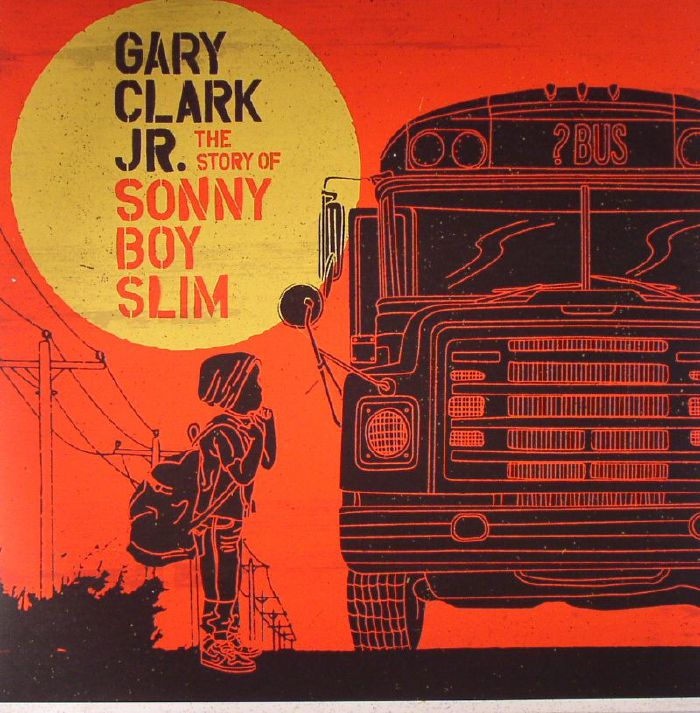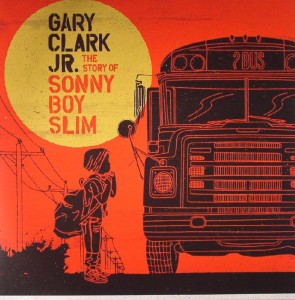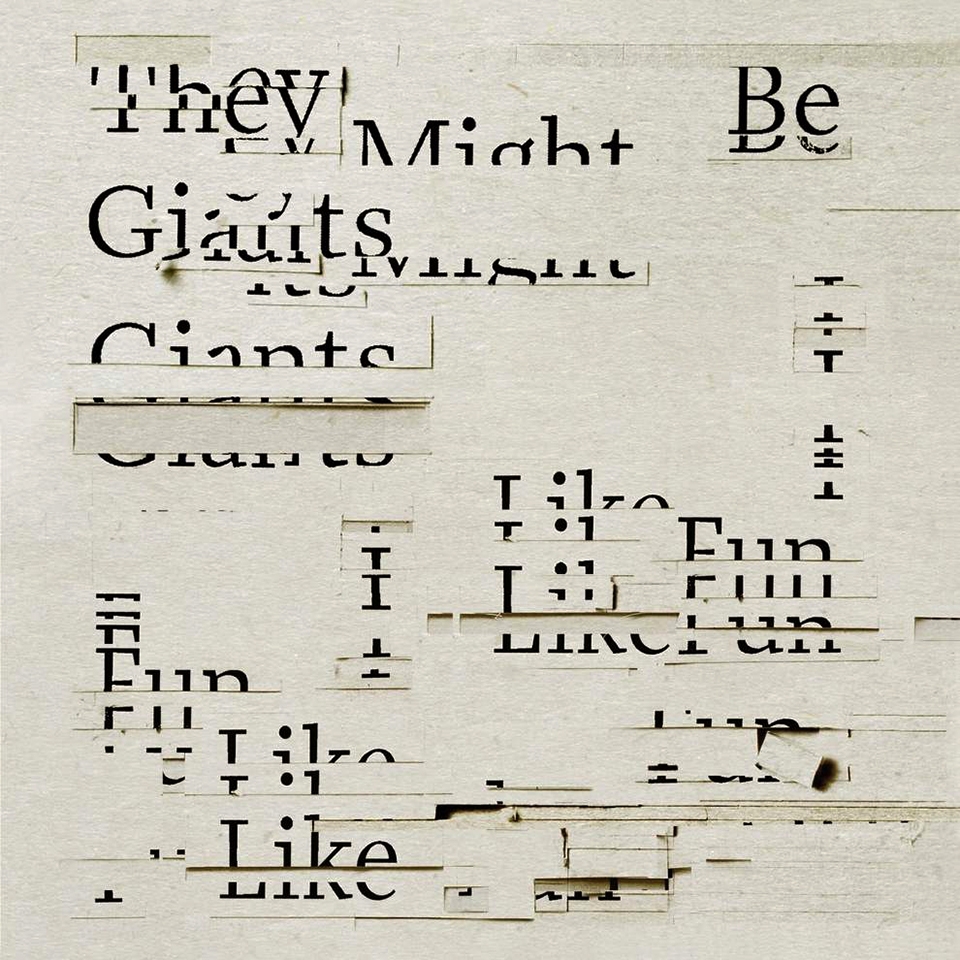
Gary Clark Jr. brings his music close to home in latest album
By Jacob Guerra | the Duquesne Duke
Friday was an important day for the vitality of modern blues; it marked the release of “The Story of Sonny Boy Slim,” an album by the Grammy Award-winning blues and R&B artist Gary Clark Jr.

“The Story of Sonny Boy” features 13 songs from Jazz star Gary Clark Jr. and is his fourth album to date.
In a time when blues is mostly associated with the past, Clark stands as a symbol of endurance and progress for the genre. He’s mixed it with rock, soul, R&B and funk giving new life to an aging sound.
Though “Sonny Boy” is Clark’s second album with the major record label Warner Bros. Records Inc., there’s no sign of him dipping into mainstream influence. In fact, he’s made his sound more original by taking full production, writing, and arranging duty on his newest work, which wasn’t the case with his last Warner Bros. album, “Blak and Blu.” He’s further identified with his music by recording the album in his hometown of Austin, Texas, and by including his sisters on backing vocals.
The 13-track LP begins with “The Healing,” an ode to the relieving power of music. The song drops into a heavy drumbeat accompanied by rattling tremelo guitar chords. With additional overdriven guitar licks, it’s clear from the beginning that Clark means business. “I got somethin’ in motion,” he sings, “Somethin’ you can’t see/ It requires devotion/ From those who truly believe.” The song sets the tone for the album, mixing gospel, hard rock and blues for a sound that’s distinctly Clark’s.
The next song, “Grinder,” has a similar blues-rock vibe. However, the beat bumps with more of a swag, and the guitar is saturated with fuzz effects. The song drips with angst, and his first lines reflect it; he sings “Well I been thinkin’ too much/ That I been thinkin’ too much.” While he sings with soul, his guitar does most of the talking.
“Star” is the third track. It begins with an ambient echo, giving the song a psychedelic quality. The bass and scratchy wah guitar resemble those on Pink Floyd’s “The Dark Side of the Moon.” In contrast, Clark sings in a high falsetto, sending a message of perserverence and self-belief.
The fourth song, “Our Love,” is a traditional R&B tune with a gospel organ, piano and snappy guitar. It’s a bittersweet song about Clark finding solidity in love. With the chorus, “You are my lady/ I am your man,” one would guess its written for his fiancée, model Nicole Trunfio.
Clark switches from electric to acoustic on “Church,” a rustic gospel tune featuring his sisters on backing vocals. The harmonica and clang-y acoustic guitar set the song apart from the rest. Then, with “Hold On,” Clark comments on the human condition over a funky bass, screeching guitar and blaring horns. Following “Hold On,” is “Cold Blooded,” a song that uses a similar formula though it’s more reminiscent of a Bob Marley & The Wailers track.
Clark’s hip-hop influence becomes prominent on “Wings,” with its big bass and firm beat. The first few lyrics also mimic the message of luxury found in many rap songs. Clark’s sisters accompany him again as he groans his woes.
The ninth track, “BYOB,” is only a minute long. It’s a song about confidence that acts as a short interlude, featuring jazzy horns, a lightly plucked guitar and some more of Clark’s falsettos. He leads into the next song, “Can’t Sleep,” which is the only song marked as “explicit”; it’s testosterone-feuled and about lust and inner conflict. Its pop vibe seems a bit out of place on the record.
Next is “Stay,” a soul tune with heavily fuzzed and overdriven guitars. Clark gives a cry for continuity that many could find relatable.
The last two songs bring some possible influences to mind. The 12th song, “Shake,” with its low fidelity guitar and swingy feel, sounds remarkably like the work of blues legend Junior Kimbrough. However, the last track “Down To Ride” is more obscure, sounding more like the 1980s work of Tears for Fears or Phil Collins.
Overall, the album proves to be a decent mix of material. With the exception of the one or two songs that sound out of place—like “Can’t Sleep” or “Down To Ride”—it showcases Clark’s ability to transfer smoothly from genre to another. Another problem might be that it’s all produced too well—thus stopping the raw nature of the blues from completely shining through. Regardless, Clark does a solid job of carrying the torch of blues masters while making the music sound fresh and interesting




